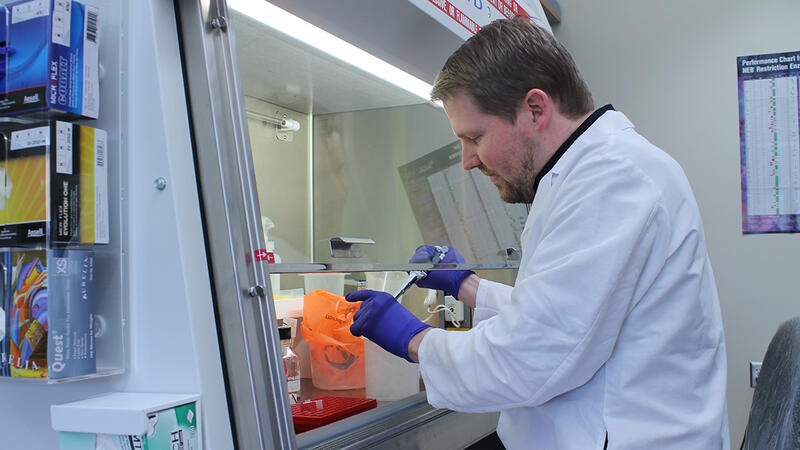News
Genetic toolkits boost biofuel production
Fostering sustainability is no game, but having a little fun helps high school students understand the complex concepts — like multivariable regression (i.e., lots of causes can impact lots of outcomes) — that go into biofuels production.
On the outskirts of farming fields you’ll often see little strips of unkempt land. These agricultural edges might have once been sown with corn or soybeans, but are now considered too hilly and so have become littered with fallen trees. Unreachable by modern farming equipment, these hard-to-reach places are usually left uncultivated each season.
Scientists today demonstrated the potential for softwoods to process more easily into pulp and paper if engineered to incorporate a key feature of hardwoods. The finding, published in this week’s Proceedings of the National Academy of Sciences, could improve the economics of the pulp, paper and biofuels industries and reduce those industries’ environmental impact.
Traversing the landscape of the Upper Midwest, there is a high likelihood you’ll see corn fields. Lots and lots of corn fields. Here, leftover stalks are most often plowed under the earth in late autumn, where they can replenish the ground, becoming soil organic matter.
David Duncan loves to think about dirt, and a quick glance at his family tree could lead one to believe he comes by it naturally. His grandfather was an agricultural extension agent and his handful of uncles includes two agronomists and an expert on fungi.
Traversing the landscape of the Upper Midwest, there is a high likelihood you’ll see corn fields. Lots and lots of corn fields. Here, leftover stalks are most often plowed under the earth in late autumn, where they can replenish the ground, becoming soil organic matter.
For many college students, summer provides a chance to test-drive future career paths. When Gina Lewin took advantage of such an opportunity, her test drive hit the jackpot.
Scientists at the Great Lakes Bioenergy Research Center (GLBRC) reported today the discovery of a chemical compound called poacic acid that could eventually be used as a fungicide in both sustainable and conventional farming.
“In high school,” Daniel Amador-Noguez recalls, “I took a science class where one of the lectures was all about the future – where the research was taking us, what were some potential future discoveries – and I thought, ‘oh, all this sounds really cool, so how come it hasn’t happened yet?’”
Whether deconstructing plant material in his own Fort Atkinson High School classroom, or collecting biofuel conversion data in coordination with colleagues in his district, biology teacher Marin Dobson has led the way in integrating his experiences with the Great Lakes Bioenergy Research Center (GLBRC) into a compelling scientific curriculum reaching every student in his department.





